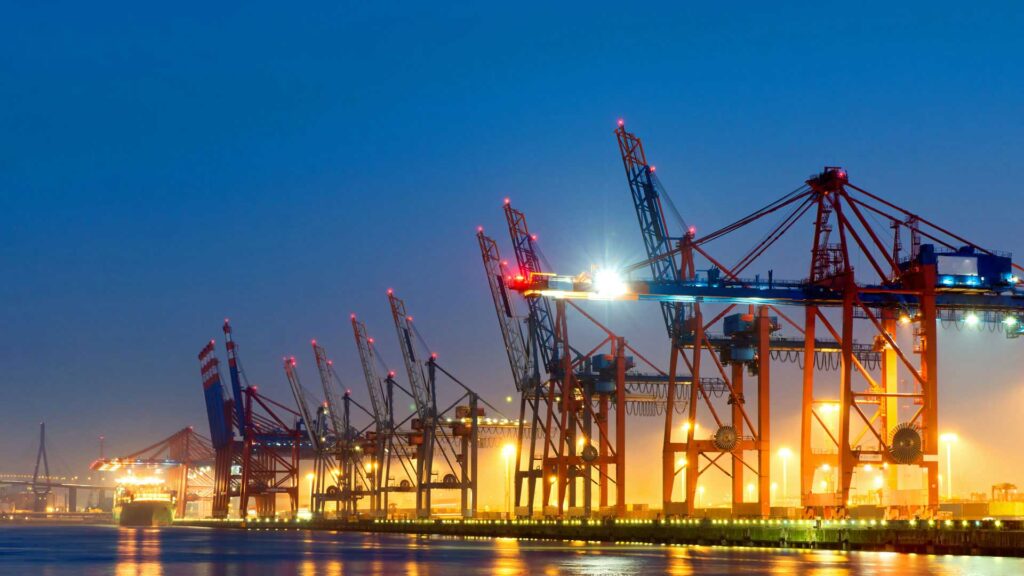CIF (Cost, Insurance, and Freight) is a popular shipping method for high-volume exports from China to Thailand. Under CIF terms, the seller is responsible for covering the costs of the goods, insurance, and freight until the shipment reaches the port in Thailand. However, it’s important to understand the steps involved in handling CIF shipping to ensure smooth importation and avoid unexpected charges. Here’s a guide to help you handle CIF shipping to Thailand effectively.
1. Understand the CIF Terms
In CIF shipping, the seller’s responsibilities end when the goods are loaded onto the ship and the freight has been paid. The seller also needs to provide insurance coverage for the shipment while it’s in transit. It’s important to clearly outline these terms in your contract to avoid confusion later.
For CIF shipping from China to Thailand, the seller pays for:
- Cost of goods: The price of the goods being shipped.
- Insurance: Coverage for potential damage or loss during transit.
- Freight: The cost of shipping the goods via sea to the agreed-upon port in Thailand.
2. Choose a Reliable Freight Forwarder
Selecting a professional freight solution provider is crucial for handling CIF shipping. Freight forwarders manage the logistics, ensuring the goods are shipped securely, the insurance is adequate, and the documentation is in order. They also help with customs clearance and delivery once the goods reach Thailand.
It’s essential to choose a freight forwarder with experience in high-volume export shipments from China to Thailand. Look for companies with strong networks, competitive rates, and an established track record in international shipping.
3. Ensure Proper Documentation
For CIF shipping to Thailand, you will need several documents to facilitate the shipment:
- Bill of Lading: A receipt of shipment and proof of ownership.
- Commercial Invoice: Details of the goods and their value.
- Packing List: A list of the contents in the shipment.
- Insurance Certificate: Proof that the goods are insured during transit.
- Import Declaration: Required for customs clearance in Thailand.
Ensure that all documents are accurate and provided in a timely manner to avoid customs delays.
4. Calculate Total Cost and Fees
While CIF covers the basic cost of goods, freight, and insurance, you’ll still need to account for additional costs such as customs duties, import taxes, and port handling fees in Thailand. Make sure to ask your freight forwarder for an accurate breakdown of all associated fees, so there are no surprises upon arrival.
5. Customs Clearance in Thailand
Upon arrival at the port in Thailand, your goods will need to go through customs clearance. As the buyer, you’re responsible for paying any additional import taxes, duties, and port handling fees. Your freight forwarder will typically assist with this process to ensure that your goods are cleared and delivered without delay.

PAA (People Also Ask)
- What is CIF shipping?
CIF shipping means that the seller is responsible for the cost of goods, freight, and insurance until the goods arrive at the port in the destination country. - What does the buyer pay for in CIF shipping?
In CIF shipping, the buyer is responsible for customs duties, import taxes, and any additional charges once the goods arrive at the port. - How can I choose the right freight forwarder for CIF shipping?
Look for a professional freight solution provider with experience in high-volume export shipments and a proven track record of reliable, cost-effective service. - What documents are needed for CIF shipping to Thailand?
Documents include a Bill of Lading, Commercial Invoice, Packing List, Insurance Certificate, and Import Declaration. - Are there any extra costs for CIF shipping to Thailand?
Yes, you may need to pay customs duties, import taxes, and port handling fees in Thailand, which are not covered under CIF terms.
